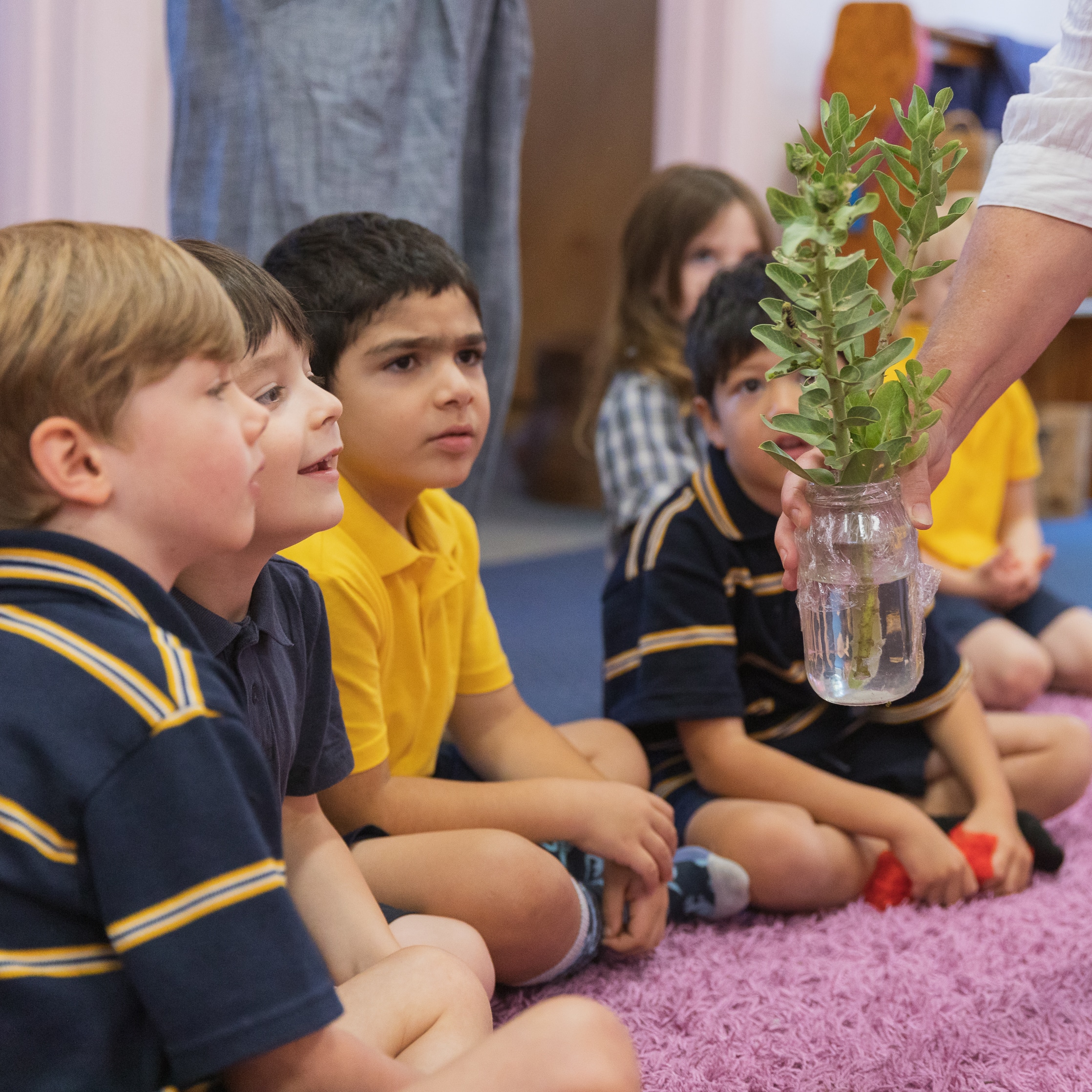Some answers to questions you may have.
Below and in subpages, please find answers to some of the questions you may have answers to some of the theories or myths you may have heard. General questions and answers are on this page and on subpages you will find information and answers to questions about Literacy, Numeracy and some myth busting!
Q: What is the Steiner Stream?
A: The Steiner stream at Trinity Gardens school utilises the Australian Steiner Curriculum within the Steiner classrooms. This curriculum emphasises child development and encourages creativity, freethinking, and imagination. At Trinity Garden School, the curriculum is tailored to meet the individual needs of each student and promotes interdisciplinary learning through creativity, art, and movement. Steiner education stands out for its unique emphasis on the arts and experiential learning, in which students learn through hands-on activities.
Q: What are the benefits of a Steiner education at Trinity Garden School?
A: Steiner education, also known as Waldorf education, emphasises the development of the whole child and is practiced in schools worldwide. Trinity Garden School offers a Steiner education that fosters creativity, independent thinking, and a love of learning while helping students develop a strong sense of self and a connection to the natural world. The curriculum includes math, science, language arts, music, art, and movement, as well as practical activities like woodworking, gardening and cooking.
Q: How is the Steiner curriculum constructed?
A: The Steiner curriculum is responsive to the developmental phases in childhood and the nurturing of children’s imagination and curiosity. The curriculum focuses on catering to the needs of children and an education that encourages creativity. In primary school the Australian Steiner Curriculum teaches English, history, mathematics, science and music similar to the Australian curriculum with some differences in staging in the lower primary years.
Q: How is the curriculum at Trinity Garden School different from mainstream curricula?
A: The curriculum at Trinity Garden School is designed to meet the developmental needs of each student and is based on a deep understanding of child development. It is interdisciplinary and emphasises creativity, art, and movement, and uses rhythm and repetition to deepen students’ understanding.
Q: How does the Steiner approach to literacy differ from traditional methods?
A: The Steiner approach to literacy is more holistic and creative than traditional methods. Rather than just focusing on the mechanics of reading and writing, Steiner education also emphasises the creative aspects of language, such as storytelling, drama, and poetry. This approach is designed to engage students’ imaginations and foster a love of language.
Q: What does Reception look like in the Trinity Gardens Steiner stream?
A: The early childhood curriculum in Steiner education is centered on play-based learning, artistic activities, and outdoor exploration. Its purpose is to support physical, emotional, and spiritual development and the development of social skills, imagination, and creativity. Some of the activities included in this curriculum are gardening, storytelling, music and movement, and arts and crafts. At Trinity Gardens School students in the Steiner Stream experience a play based Reception year and then begin formal education at age 7.
Q: What is the role of technology in Steiner education?
A: Steiner education does not reject technology and recognises the importance of technology for success in the 21st century. The use of technology within the classrooms is intentional and always done with the goal of supporting student learning and development. While computers and digital devices may be used in certain activities or projects, the focus is on hands-on and experiential learning. The use of technology is seen as a tool that supports learning, rather than a replacement for it. Students in their final year at Trinity Gardens School are taught explicit skills in computing to assist them to transition to high school.
Q: What is the role of Music in Steiner education?
A: Music and craft are important components of Steiner education that support the holistic development of students. In music education, students progress from songs and simple recorder songs in classes 1 and 2 to more complex forms of music-making in the upper primary years through the introduction of a classical string instrument such as violin, viola or cello. Through music instruction students further develop language skills, memory, and concentration, as well as creativity and self-expression.
Q: What is the role of Craft in Steiner education?
A: Craft education supports the development of practical skills which foster in the individual a sense of purpose and independence to do and create. It progresses from introductory activities such as finger knitting, knitting, crochet and sewing to more complex techniques and materials such as embroidery and woodworking. Skills learned in these lessons are valuable components of a well-rounded education.

